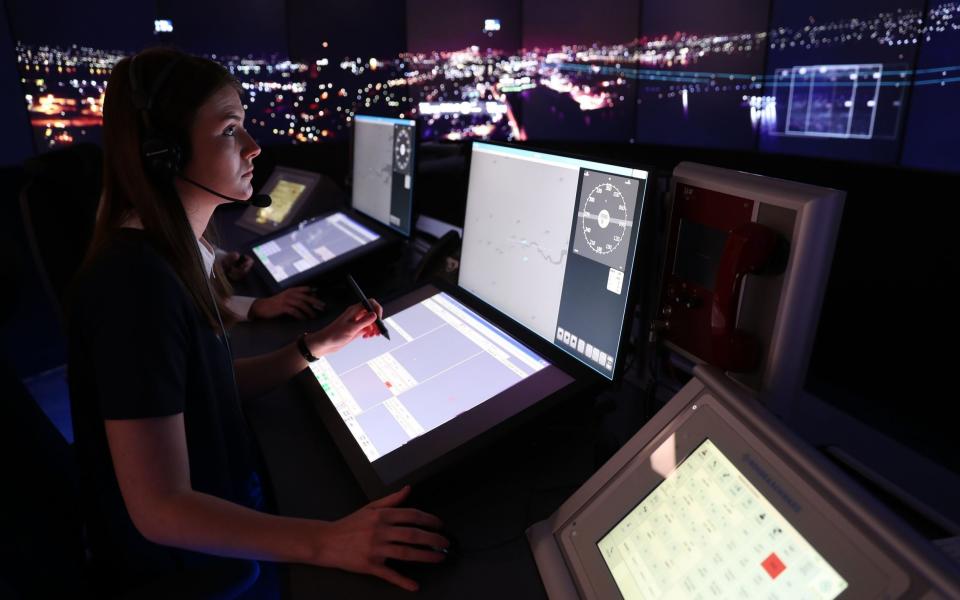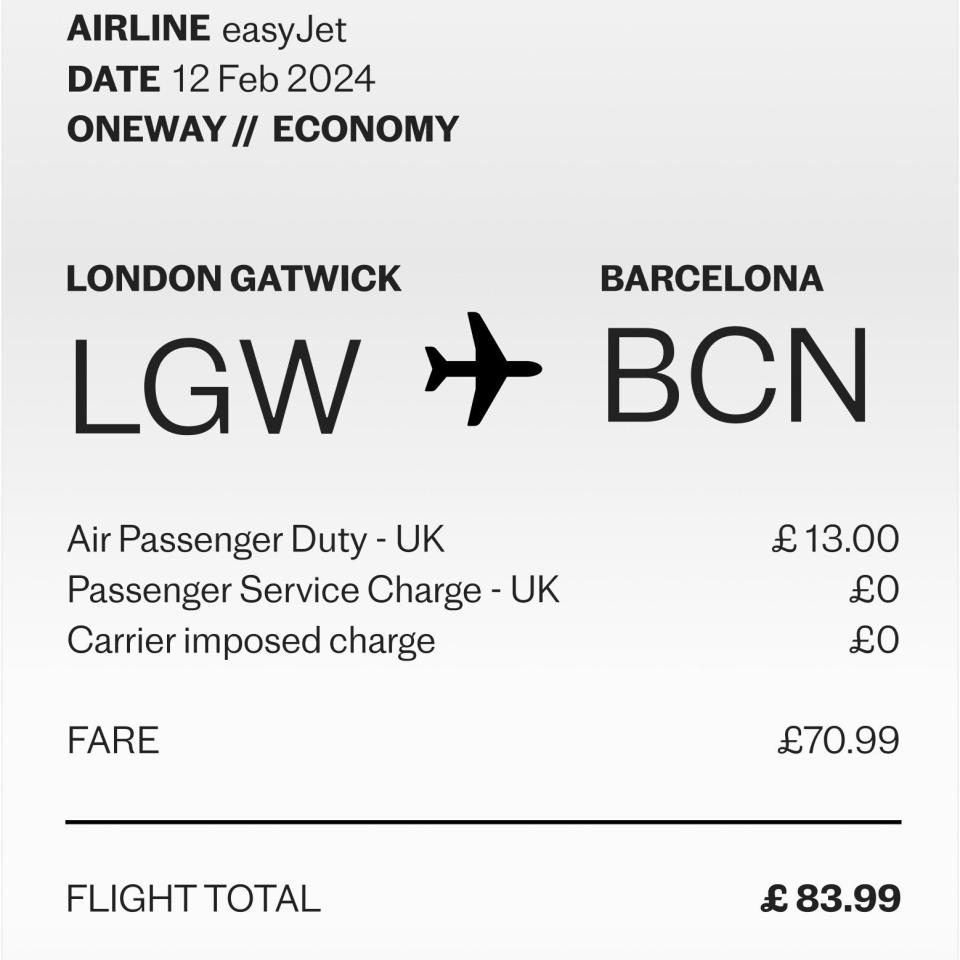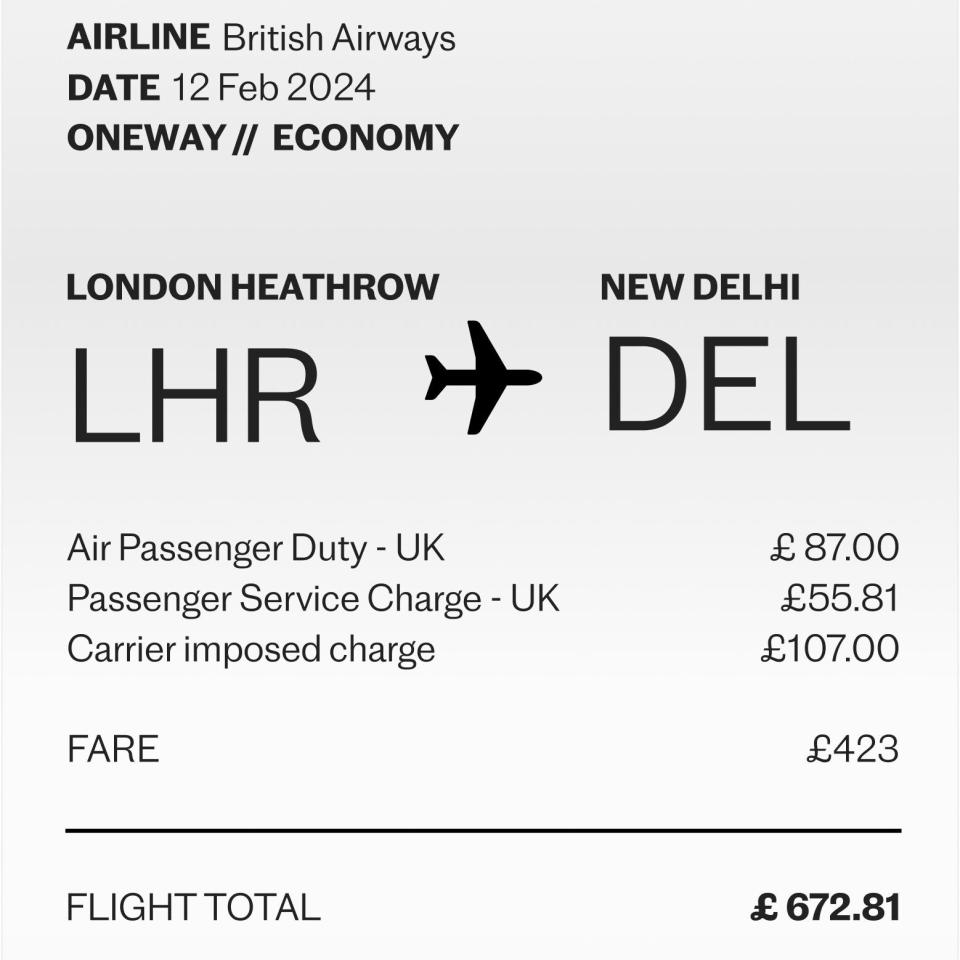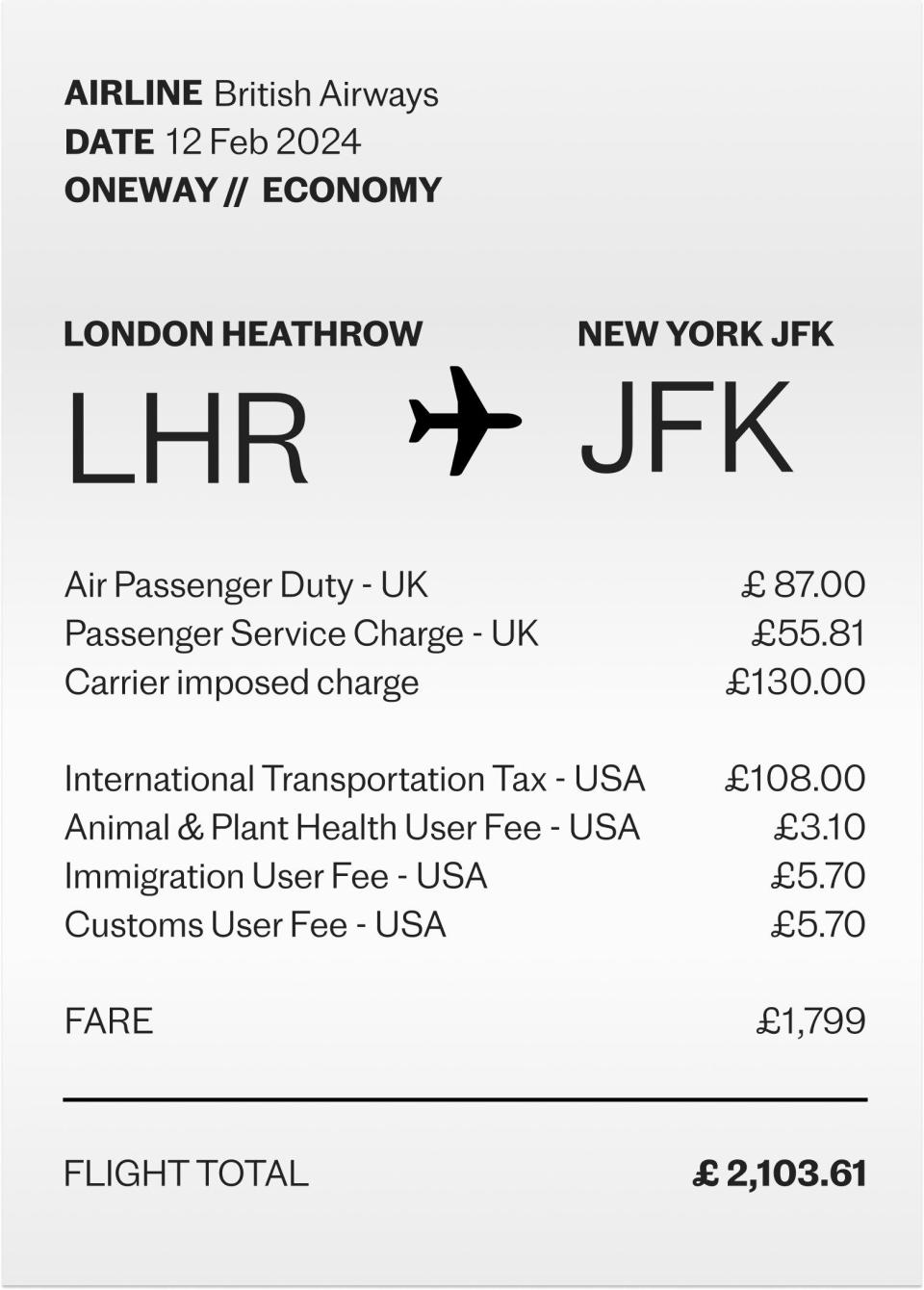Strikes, illness and inclement weather have plagued British air travel in recent years. And now, the Civil Aviation Authority, the industry regulator in the United Kingdom, has announced that it is increasing air traffic control fees, apparently to alleviate these problems.
Airlines pay the fee to National Air Traffic Services (Nats) for their air traffic control capabilities. The fare will rise from £47 to £64 per flight until 2027, equating to an average increase of 43p per passenger to £2.08.
Admittedly, it’s not a huge amount of money. But the fare is one of many that make up a typical airline ticket, and fuel costs, government taxes and security fees all contribute to the final price.


By law, all of these unavoidable fees must be advertised as part of the ticket, meaning the price you see must be the price you pay. But airlines have some discretion and can charge varying additional amounts.
Air passenger duty
Some, however, are fixed. Air passenger tax was increased earlier this year, meaning the government taxes most short-haul flights with economy class passengers at £13 each. On long-distance journeys, the amount increases to £87, or £91 for journeys over 5,500 miles in length.


Fares for premium economy, business class and first class passengers are considerably higher – the most expensive seats on the longest flights, for example, will include £601 APD. However, changes earlier this year made domestic flights slightly cheaper, with the tax halving from £13 to £6.50 per passenger.
Fuel costs
Then there is the fuel tax, which is often listed as a “carrier-imposed charge.” These were first introduced by airlines in 2004, when the price of oil soared to $40 (£22.32 in 2004) per barrel. This stabilized, but the charge remained for some airlines.
This year, IATA reports, fuel accounts for 28 percent of an airline’s costs, although this figure has fluctuated wildly. In some countries, such as Australia, New Zealand and Hong Kong, the charge is strictly regulated, meaning costs cannot be fully passed on to the customer.


This is not the case in the UK. Taking a British Airways flight from London to Barcelona as an example, the fare for travelers in the United Kingdom amounts to just under three percent of the ticket price. Some budget airlines, such as easyJet, do not include it in their fares.
However, in the UK there are no taxes on jet fuel for the airlines themselves, unlike the fuel used by almost all other modes of transport. There is also no VAT on airline tickets (unless you fly on a private jet).
Airport fees
That’s not all: your ticket may also include travel-specific costs. A passenger service charge covers the amount that airports charge airlines to use their services. In the case of the Barcelona example, this becomes £23.18 (or 16 per cent) of the final amount. This number, somewhat controversial, varies between airports. Earlier this year, Heathrow was forced to reduce its landing fees from £31.57 per passenger to £25.43 from next year, after a years-long dispute.


As with many elements of air travel, the breakdown of charges also changed after 9/11. Insurance and security costs were imposed after 2001 to take into account the additional processes involved in flying and, again, these vary between airlines. These appear most frequently on routes operated by US-based airlines, but according to IATA, UK airlines can charge for them if they are clearly labelled.
The “final rate”
Even after these charges, the remaining amount is not entirely profit. It is estimated that labor accounts for around a third of an airline’s operating costs, which, along with fuel, are the largest overhead expenses. Smaller charges, such as the Nats fare, are likely to be included in the final “fare” of the ticket, rather than listed separately as taxes are.
Figures from the U.S. Department of Transportation can be used to estimate how much each element of air travel costs. About two-thirds of the “final rate” is spent on staff and fuel. Leasing and owning the plane consumes six percent of the ticket price; Much the same is true for non-air assets, such as hangars and offices. The cost of complimentary refreshments, landing fees, maintenance, insurance and advertising account for a minor portion. And these figures do not include government fees, which, as the example ticket for BA flights to New York shows, add up to more than £100.


These figures, of course, refer only to US airlines and are averages, but they offer an idea of how our ticket fees are spent beyond the mandatory fees.
The profit
As for the final benefit? According to the International Air Transport Association, airlines take home an average of $4.36 (£3.60) per passenger in Europe and $9.53 (£7.87) in the United States. Worldwide, the average profit margin amounts to just $2.25 (£1.86) per passenger.
This final amount does not take into account ancillary benefits. Additional costs, from seat fees to in-flight sandwiches, account for a big chunk of the money airlines make. In May, it was reported that Ryanair earns around £20 per typical passenger, largely through smaller purchases such as seat reservations and snacks.
It is worth noting that the final price of a ticket can also change. If the government reduces “unavoidable charges” at some point after purchase, there may be an option to claim a refund (although this, again, varies by carrier).
Unfortunately, the opposite also applies: “you may be required” to meet the new amount if there is also a substantial increase. Anyway, in the UK additional costs must always be announced as part of the ticket price, so there should be no surprises.